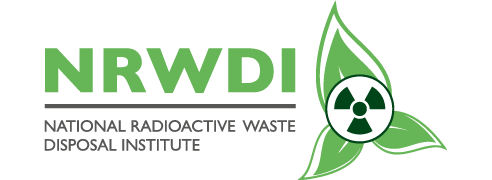Legal and regulatory experts from 20 African countries expanded their knowledge on international and national legal frameworks for the regulation of radiation sources in medicine, industry, research and other areas, at a workshop at the IAEA this week.
“The exchange of experiences has been very timely and valuable in understanding the legal aspects arising from the use of ionizing radiation as we develop new projects in implementing nuclear techniques,” said Vuyile Dlamini from the Ministry of Foreign Affairs and International Cooperation of Swaziland.
Through the legislative assistance programme the IAEA supports its Member States in developing adequate legal frameworks for the safe, secure and peaceful uses of nuclear energy and ionizing radiation. It also aims to create awareness in Member States about the importance of adhering to the international legal instruments and assist then in complying with their international obligations.
“Our country has already enacted a law on safety, security and safeguards,” said Hadjaro Senoussi of the Chadian Agency of Radiation Protection and Nuclear Safety. “The IAEA’s assistance was helpful to identify all the elements to be considered in a comprehensive nuclear law.”
The workshop helped get a broader understanding of international instruments in the nuclear field, said Faradally Ollite, CEO of the Radiation Protection Authority of Mauritius. “The relevance for Mauritius to adhere to those instruments has been clarified,” he said. “We now have a better understanding on how to transpose these international instruments in our national legislative framework.”
The Regional Workshop on Nuclear Law for African Member States allowed the IAEA and representatives from African countries to assess the status of national legal frameworks, as well as to discuss and coordinate the activities to be implemented to support them in establishing, updating and improving national legislation governing the safe and secure uses of nuclear energy and ionizing radiation. It also allowed to identify steps towards gaining better understanding of the international legal instruments adopted under the auspices of the IAEA.
Participants included experts from Benin, Botswana, Burundi, Central African Republic, Chad, Congo, Ethiopia, Gabon, Lesotho, Madagascar, Malawi, Mauritania, Mauritius, Mozambique, Rwanda, Seychelles, Sierra Leone, Swaziland, Togo and Zimbabwe.
The training follows other regional workshops conducted for Member States in Africa, Latin America and the Caribbean and Asia and the Pacific, as part of IAEA’s legislative assistance programme.
Source: https://www.iaea.org/newscenter/news/strengthening-nuclear-law-in-africa-workshop-on-the-way-forward
